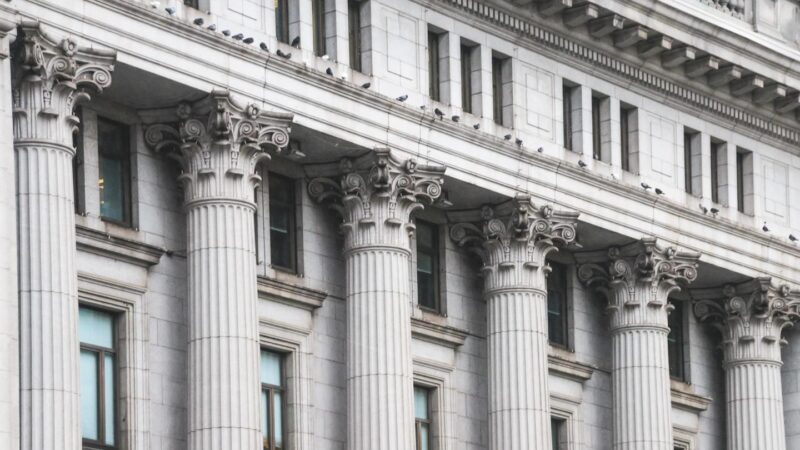On September 5, 2017, Justice Nelson of the Ontario Court of Justice stayed all quasi-criminal charges against the three corporate and one individual accused in the deadly stage collapse at the Radiohead concert in Downsview Park on June 16, 2012. These charges under the Occupational Health & Safety Act (“OHSA”) are some of the latest in a series of serious regulatory and criminal charges, that have been stayed for unreasonable delay as a result of the Jordan decision of the Supreme Court of Canada.
Radiohead, a British rock band, was scheduled to perform at a concert in Toronto at Downsview Park. Just hours before the start of the concert, the stage superstructure collapsed. Scott Johnson, a drum technician, and resident of the United Kingdom, was fatally injured. Others were also seriously injured.
On June 6, 2013, the Government of Ontario’s Ministry of Labour laid charges against a number of parties under the OHSA, including but not limited to, Live Nation Canada Inc., Optex Staging & Services Inc., and the professional engineer who provided advice and engineering drawings and certification, Domenic Cugliari.
The case was factually and legally serious and complex. It proceeded to trial in November 2015, before Justice Nakatsuru, of the Ontario Court of Justice. Although during that trial, there had been an Application for Delay, after the Jordan decision was released by the Supreme Court of Canada on July 8, 2016, it was rejected by the trial judge. The trial proceeded, the prosecution and defense evidence was completed, and the lawyers were in the process of making final, written submissions on the merits of the prosecution.
However, on April 12, 2017, before all the final arguments were made, Justice Nakatsuru was appointed to the Ontario Superior Court of Justice, by the Federal Attorney General, Jody Wilson-Raybould. As a result, and under instructions from the Department of Justice not to do any further work on any matter, including the completion of the Live Nation case, Justice Nakatsuru ruled that he had no jurisdiction to continue the trial, and declared a mis-trial.
The policy and practice of the Department of Justice did not permit Justice Nakatsuru to complete the trial, after his appointment to the Superior Court of Justice in Ontario. Justice Nelson, was appointed to be the second trial judge. On a pre-trial Charter delay motion, to stay the OHSA charges for a breach of s. 11(b) of the Charter, said the following at paragraph 70:
“[70] Both Cugliari and Live Nation submit that Justice Nakatsuru’s appointment should not be treated as a discrete event because although unforeseen by the Crown in this case, it was not unforeseen by the state. Further, the state failed to take reasonable steps to mitigate any delay that did ensue. Specifically, counsel point to the following:
- The Provincial government failed to pass legislation which would have permitted Justice Nakatsuru to complete the trial;
- Justice Nakatsuru would have known that he was presiding over this trial when he applied to the Superior Court bench thus risking the mistrial;
- Justice Nakatsuru could have deferred his appointment until after he completed this case;
- The Federal government should have ensured that Justice Nakatsuru was not appointed until this trial was completed.[1]
Although the Crown prosecutor persuaded Justice Nelson that the judicial appointment was a discrete exceptional event, it still did not permit this type of overall delay that occurred in this case. The trial justice held that even if one was to give thirty (30) months to complete this type of trial, rather than the presumptive eighteen (18) months, that the delay still far exceeded that period of time; the case having been in the judicial system for almost five (5) years.
The charges were stayed for breach of the constitutional right, under the Charter, to a trial within a reasonable period of time under section 11(b).
[1] Ibid., para. 70.

